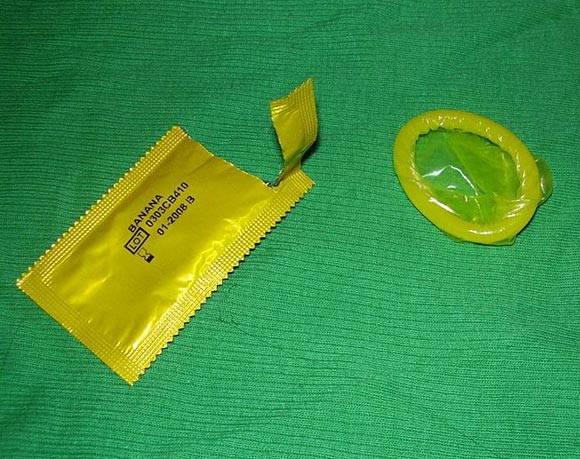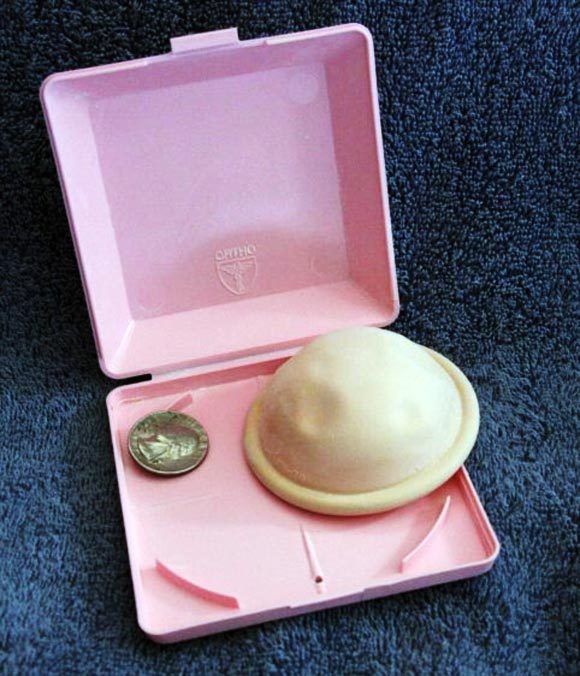 | « Back to article | Print this article |
Sterilisation: India's all-or-nothing birth control
Ignorant of of temporary measures, Indians are taking the drastic step of sterilisation to prevent further pregnancies and more children.
Eighty percent of women in India undergo sterilisation as a birth control method, the Earth Policy Institute has revealed.
They usually opt for a tubectomy when they're only in their mid-20s. People aren't aware of alternative contraception methods, says public and community health professional Dr Payal Laad. And men just aren't willing to get involved in family planning.
'Spacing' children
Female sterilisation, or tubectomy, is a surgical procedure in which the fallopian tubes are clipped or sealed to prevent the egg from reaching the uterus. Two thirds of Indian women have had the operation by the time they're 26 years old, research has shown.
"Culturally Indians haven't been used to the idea of spacing children. There is no concept of stopping birth control for a few years. So they decide to have children within a period of few years and then opt for permanent contraception," says Dr Laad, an assistant professor of Community Medicine at one of Mumbai's leading public hospitals.
© www.lovematters.info is a journalistic website about love, sex, relationships and everything in between.
Options
Other contraceptive methods such condoms, birth control pills, hormonal injections and IUDs are also offered to women at public hospitals.
"There have been complaints of bleeding and pain with Copper T -- the intrauterine coil. So women don't want to risk it. Hormonal pills and injections require being regular. Tubal ligation -- female sterilisation -- on the other hand is a one-time procedure with definite results, so it's most popular," Dr Laad says.
Nearly all government hospitals in India offer family planning counselling to women who come to deliver a baby. Tubectomies are carried out either during the delivery, if it involves a caesarean section, or two days after a normal delivery. Consultation about sterilisation is offered before the women go into labour.
Incentives
In a bid to promote family planning, couples who undergo sterilisation are offered financial incentives by the government of India, both in public and private hospitals.
Women who have tubectomies are offered approximately Rs 500. Vasectomy or male sterilisation, a surgical procedure that makes the man infertile, is offered a much higher price, around Rs 1,400.
Despite the higher financial incentive offered, vasectomies amount to less than one percent of preferred birth control methods in the country, the 2005 National Family Health Survey (NFHS) shows.
Yet apart from being a simpler procedure, vasectomies also need much less recovery time compared to tubectomies. While men have a local anaesthetic and take just a few hours to recover, women have to undergo the surgery under general anaesthesia.
Misconceptions
Dr Laad points to the patriarchal nature of Indian society for the skewed ratio: "India is a male-dominated society. Men don't think it's their responsibility to be involved in family planning. It's the woman's job to give birth and take care of children. There's no participation from the male partner."
Misconceptions about vasectomy don't help make it any more popular, she adds. "Some men think it will make them impotent. Others relate it to castration. There's need for more education and awareness in this area."
Knowledge
When men do take part in family planning, you can see the difference. But this is mainly prevalent only among the educated urban male population.
Knowledge is the key, says Dr Laad: "Though the difference is only marginal, you can say that men who are more knowledgeable are more open to the idea of male sterilisation, or just being involved in family planning measures."




